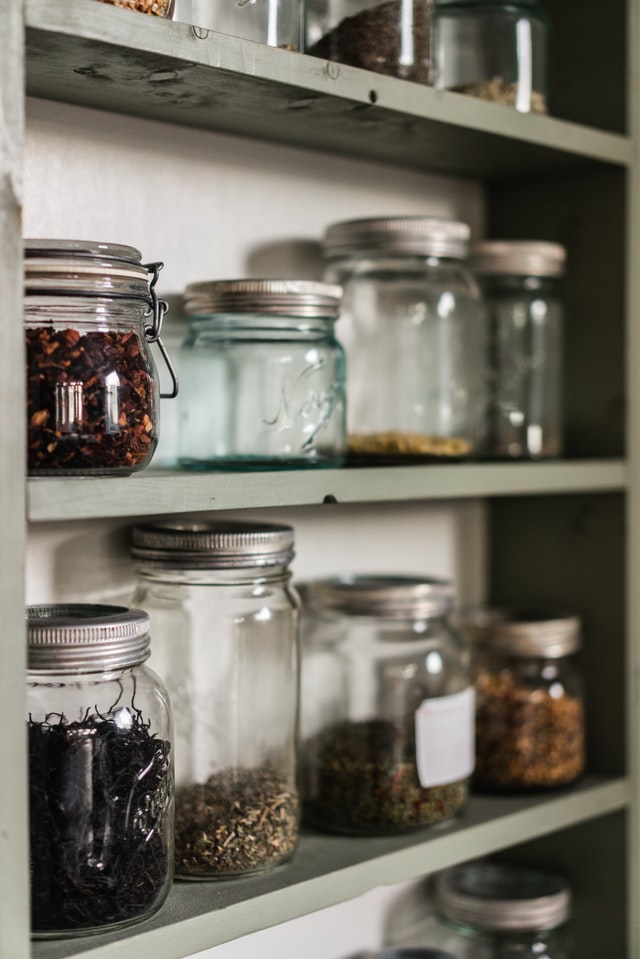Recent Posts
- Home
- Elevate Blog
- Fight Food Waste
Fight Food Waste
Posted on
The Problem of Food Waste
Food waste has long been a problem in the US. A 2018 study by the USDA found that the average American wastes about one pound of food per day. Altogether that is enough to feed 2 billion extra people per year.
Homes are not the only places where food is wasted. There are organizations throughout the country that focus on reclaiming wasted food from the supply chain and from businesses such as restaurants and other food service. Businesses can connect with these programs to reduce and redirect their food waste.
- ReFed - Committed to Reducing US food waste
- Goodr - Surplus edible food should be fed to people in need, not landfills
- Food Recovery Network - The largest student movement fighting against food waste and hunger
- Hungry Harvest - Eliminating Food Waste
Why Food Waste is Bad for the Environment
A lot of this wasted food can and should be redirected to help those in need, however wasted food is not only a social concern.
Wasted food is sent to landfills. Landfills are designed to contain waste, but do not create the right environment for the healthy decomposition of organic waste. Food waste in landfills produces methane as it rots. Landfills contaminate soil, ground water, and pollute the surrounding area.
Reducing food waste is an effort that helps your own household, and also your wider community and the environment.
WWF - Fight Climate Change While Preventing Food Waste

4 Tips for Fighting Food Waste
- Store Food Correctly
When you have extra food in the house it is important that you store it correctly. This helps you to avoid letting food spoil, or encourage pests.
FDA article on food storage and safety
- Use Fresh Foods First
Fresh foods will spoil much faster than frozen or shelf stable. Plan your meals around using fresh foods before they spoil!
- Make Stock from Leftover Vegetable Scraps
Vegetable scraps don’t have to go in the trash, you can use them to make vegetable stock. Vegetable stock is great for making soups and sauces, or you can use it to add extra flavor when boiling rice.
The Kitchn - tips for saving vegetable scraps for stock
- Compost
Leftovers, spoiled foods, or scraps that don’t make it into your vegetable stock can be composted! Composting your food scraps converts waste that would have otherwise gone to landfill into a product that benefits the soil.
What Food Waste Can be Composted
A good rule of thumb is if it can be grown in a field or garden, you can compost it!

Organic waste has no place in landfills - All should have access to composting! To date, 6 States have put laws in place to help divert organic waste to composting. We hope more will follow.Fruit peels and vegetable scraps can all be easily composted. You can also compost most cooked foods (Avoid meat and dairy in your home compost).
Check with your municipal compost service for more details about what you can send to them.
Compostable Packaging Diverts Food Waste
Sometimes, despite best efforts, food may go bad before we are able to use it. Compostable food packaging allows consumers to easily dispose of leftover food and its packaging together in the compost.
Food packaging is designed to avoid waste by helping food stay fresh for longer. But what happens to plastic packaging when we are done with it?
We usually discard spoiled food right along with its packaging. When packaged in plastic the spoiled food and plastic both often end up in a landfill.
Plastic contamination of compost can also be a concern. When fruit and vegetable scraps are composted tiny plastic produce stickers can be easily overlooked! These stickers can make their way into the finished compost, causing a lot of trouble and expense for composters.

Small Sustainable Changes Have a Big Impact
Compostable food packaging and compostable stickers are the right choice for reducing food waste, avoiding compost contamination, and ending landfills.
Updated December 3, 2020. Original Post written April 15 2020.
 Loading... Please wait...
Loading... Please wait...



